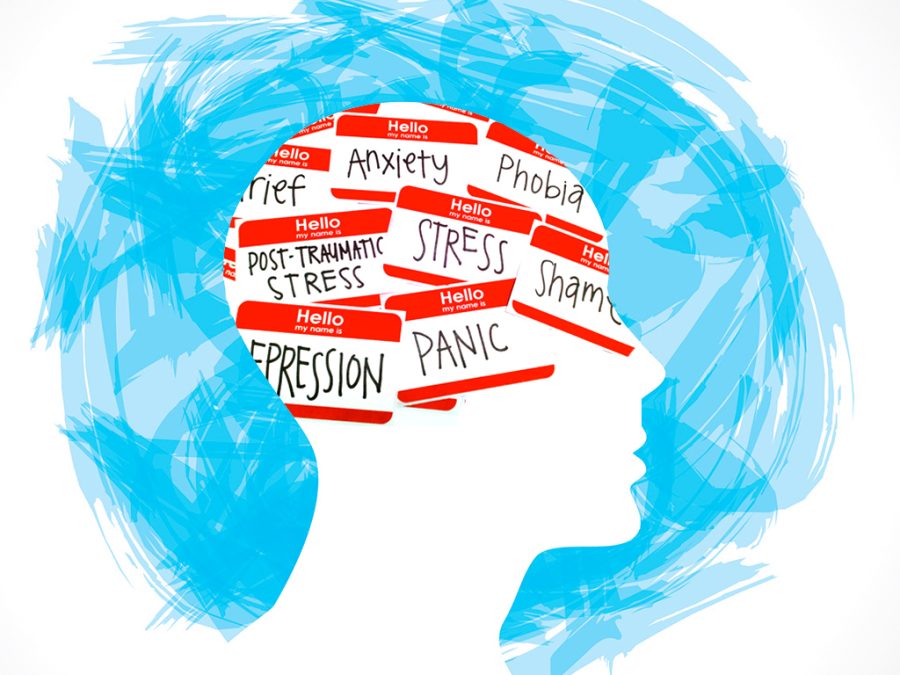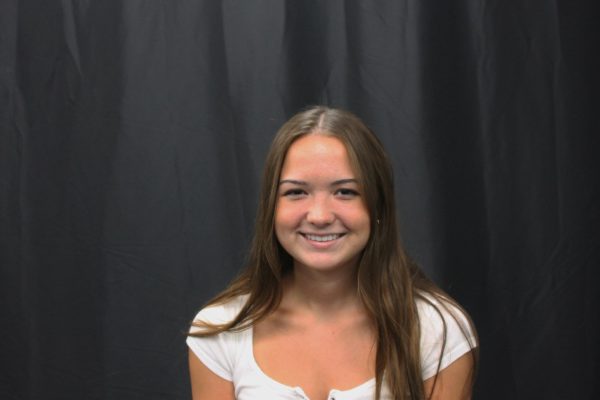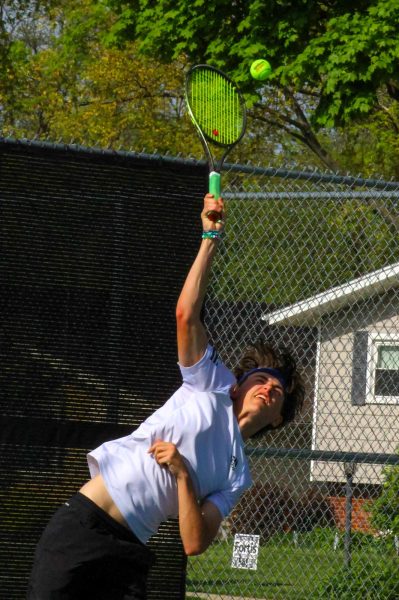Teens, mental health referendum
February 14, 2023
Wheeling Township police officers answered 973 calls related to mental health between June 2019 and September 2020. That is approximately two calls per day, 16 calls per week, and 65 per month. With more than 266 of these calls being suicide-related, ER visits in our area were up by over 22%.
There are many mental health facilities, therapists and psychiatric services throughout Illinois. However, the funding towards these programs are limited and the demand for them is constantly increasing. It is evident that if nothing is done to improve the mental healthcare system, our state is going to greatly suffer.
“We need to give everybody an opportunity to make our community better by helping those who are suffering,” said Mary Hahn, member of The League of Women’s voters.
Some mental health numbers support her claim with the use of these statistics: One in five Americans live with a mental health condition, one in four adults are affected by mental health issues within each year, and one in seventeen live with a serious mental disorder.
This means that you may not personally feel affected by the high pricing and long waitlists in the mental health department, but you know someone who is. The desperate state of our society over the past few years has led to an urgency for new solutions. Consequently, this past November a mental health referendum was proposed. This was a step in the right direction and has opened up a window for everyone’s opinions to be heard.
Advocates for the referendum created the plan to form a 708 board to assist the community. A 708 board is a group of volunteers chosen to manage a local source of funding and specifically focus their efforts to shape around what their individual community needs.
Community needs can drastically vary from township to township. For example, in Chicago there would be more of a target towards housing programs due to the high percentage of homelessness. In the fall of 2022, supporters collected enough signatures from Wheeling Township residents to get the referendum on the ballot.
The first step of the process was to pass the referendum, asking voters if they would be in support of paying a maximum of 0.15% of their assessed property value. Theoretically to raise $1.5 million, which is the selected 708 board’s proposal, the monthly cost would be $3.50 for the average home. With that being said, paying less than the price of your normal latte each month, so many critical services will become available.
Organizations such as the National Alliance for Mental Illness and facilities such as the Kenneth Young center have seen a big increase in the appeal for their services since the pandemic. Funding from 708 boards would allow them to flourish and not hold back when offering support.
“There’s personal reasons why we all should be for it. I don’t think there’s anyone I have talked to that doesn’t know somebody that is affected by mental illness,” said Lorri Grainawi, mental health specialist for the League of Women’s voters and involved member of the National Alliance for Mental Illness.
The same goes for all of us! Whether you know it or not, everywhere you look there are people who are lacking support. That is why it is unrealistic to not have just as much attention towards mental health as we do to regular healthcare.
A simple majority voted yes in Schaumburg, Wheeling, and Vernon Townships. Next the township appointed board members and the board will conduct a “needs survey.” A needs assessment is debatably the most crucial step to this development. The basic idea is just to figure out exactly what is important for the improvement of the community.
Many taxpayers worry that their money will be put to the wrong use, which is a valid concern. I am sure everyone has heard a conversation on how absurd the taxes in Illinois already are. The needs assessment is how the boards will prepare the budgets. After the budgets are approved by the townships, grant applications are submitted, and finally the funds will be distributed. This personalized system is the most efficient way to reach as many community based services that have faced instability due to inconsistent funding.
Illinois has more than 20,000 disabled children and adults waiting for Medicaid-funded services. Of that number, 300 residents of Wheeling Township with mental illness are on a statewide waitlist, which has a seven to eight year wait. A seven to eight year wait should be criminal. It’s as if you called your friend and they said they would call you back in a year! It is crucial that we highlight these unfiltered statistics and stand up for what we need.
Regardless of all the precautions and criteria, many people are still alarmed by the heightened price. Vernon Township added a high school student as an advisory member for their board. This goes to show that anyone who has an opinion or wants to get involved could and should.
Grainawi urged the importance of staying aware, especially since all of us high school students are not far from voting age. We may not be paying these taxes yet, but we are already impacted by the benefits and consequences of them. We must have our voices heard so time and resources are not wasted.
“If we take better care of the vulnerable people in our community, maybe we will have a safer community… that’s the hope,” said Hahn.























































































